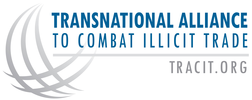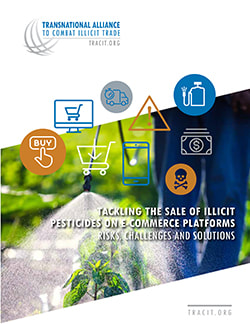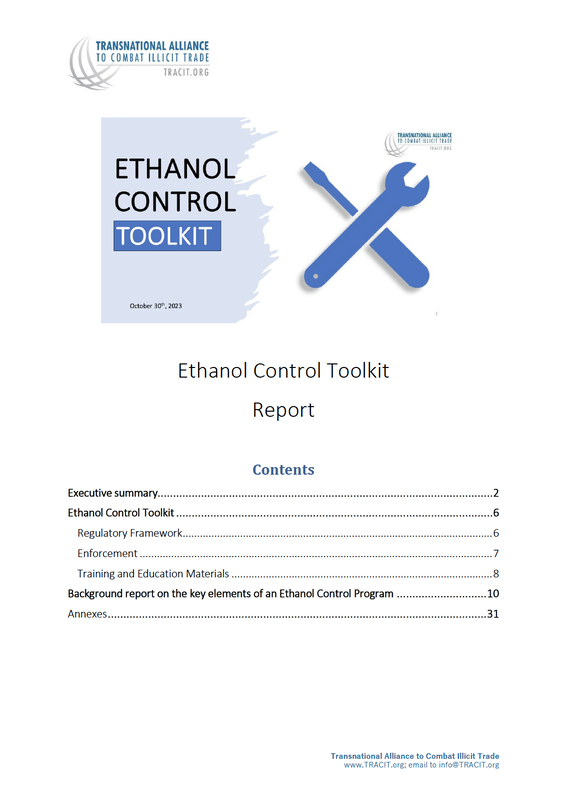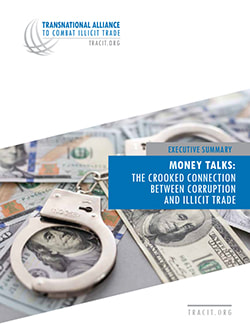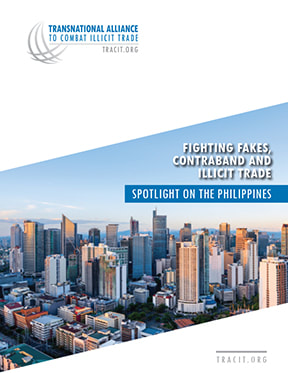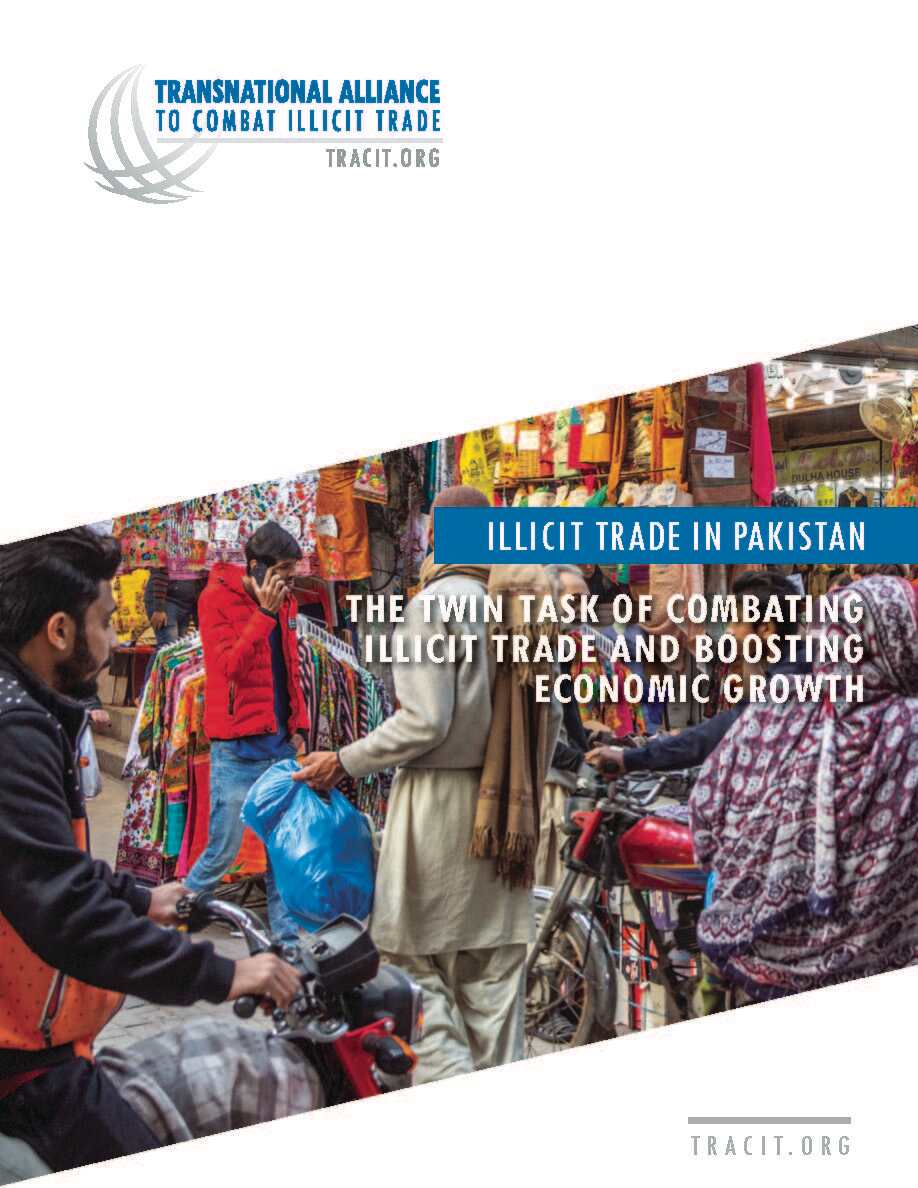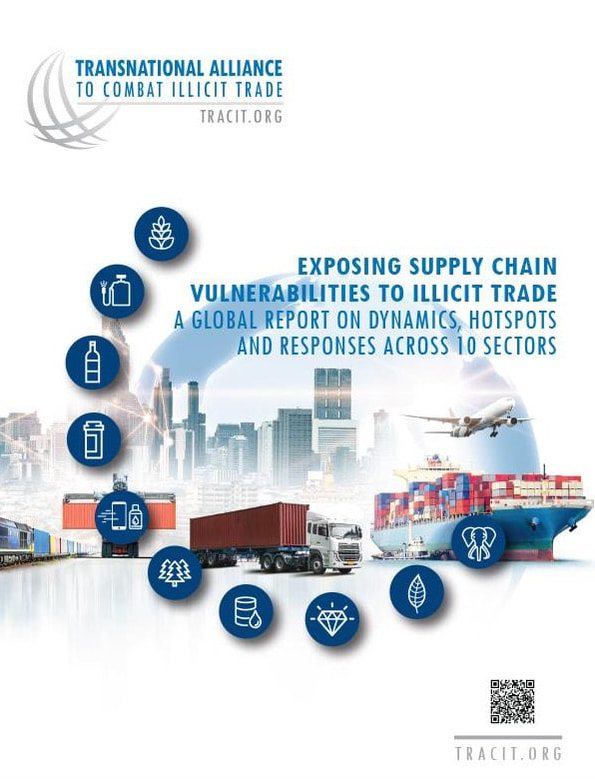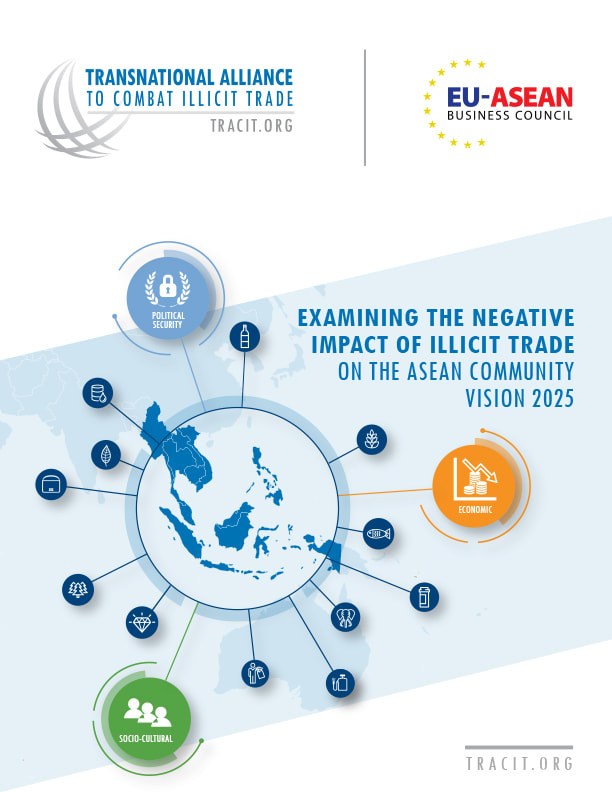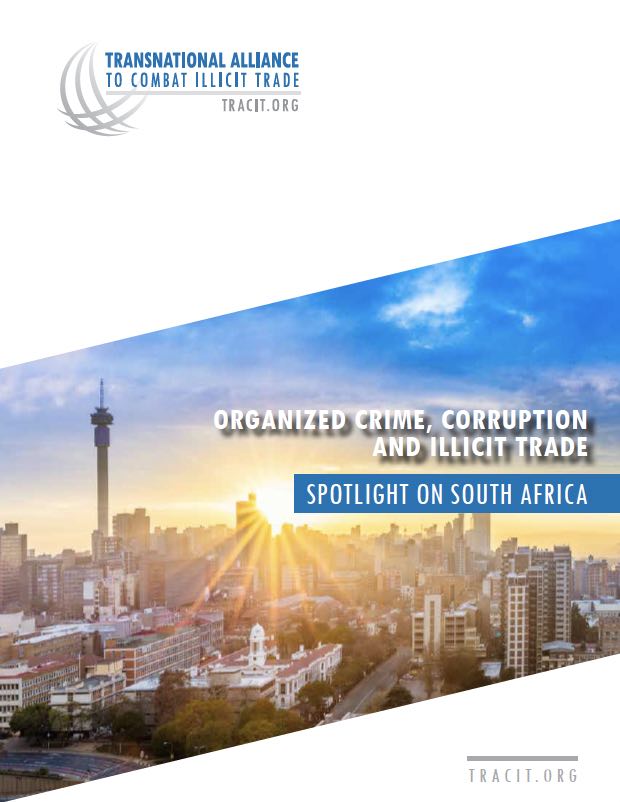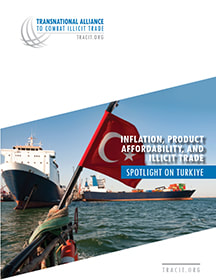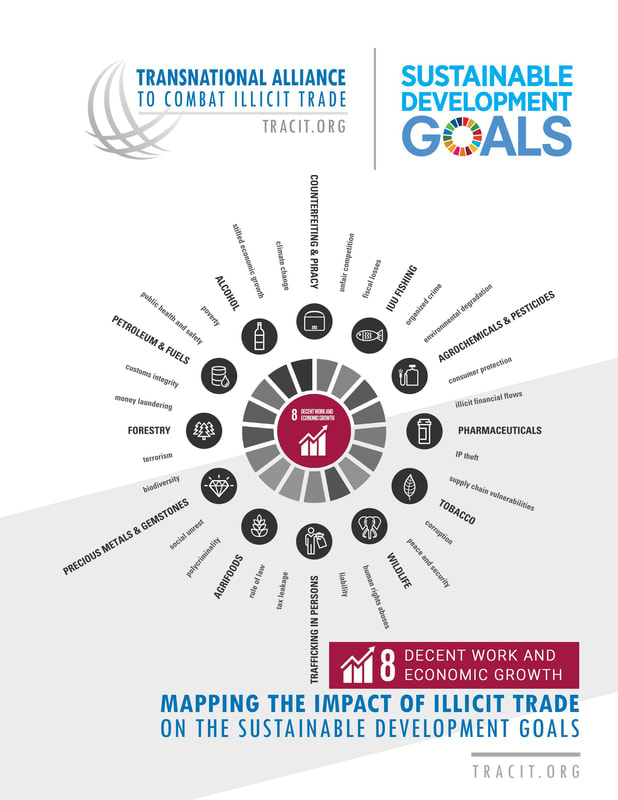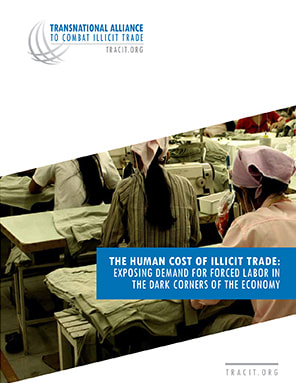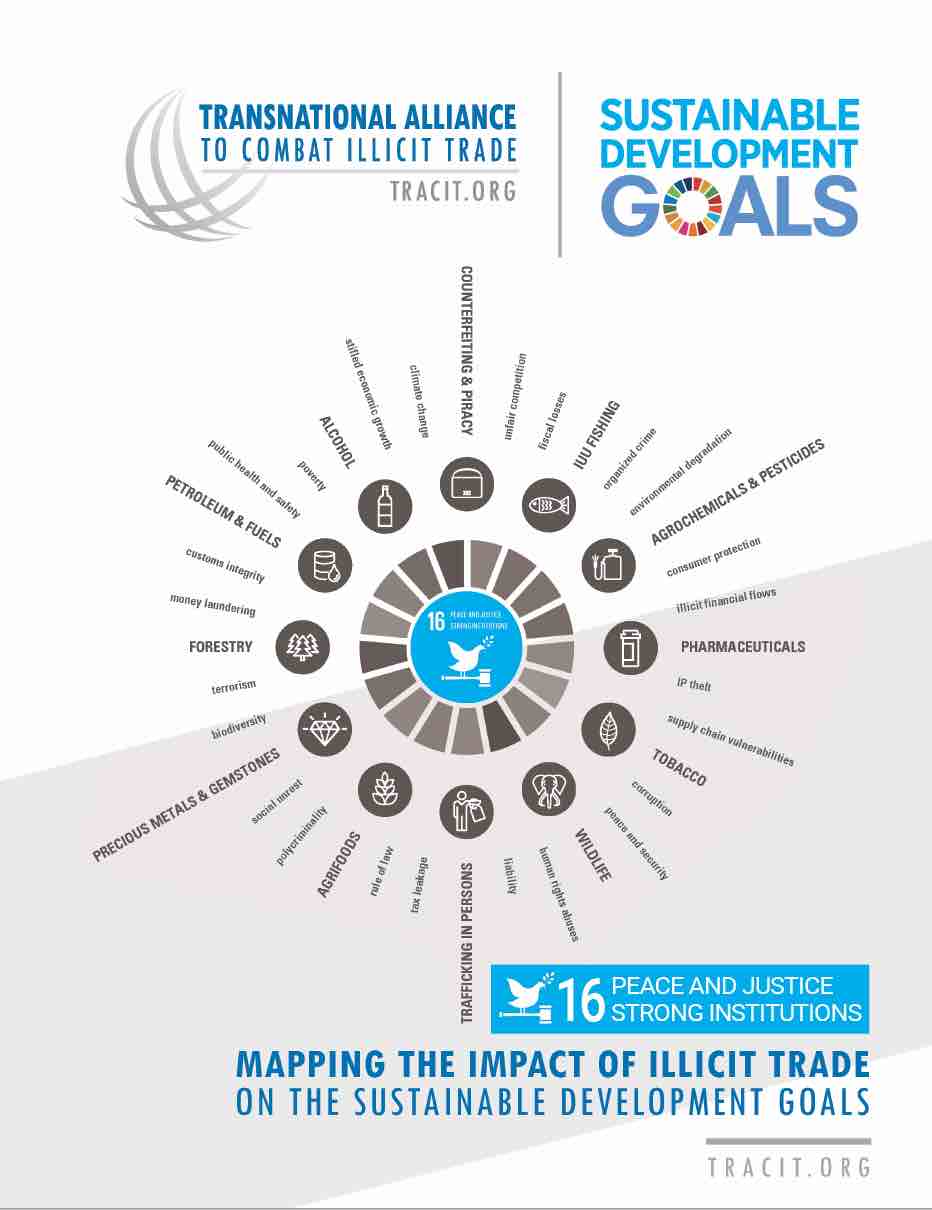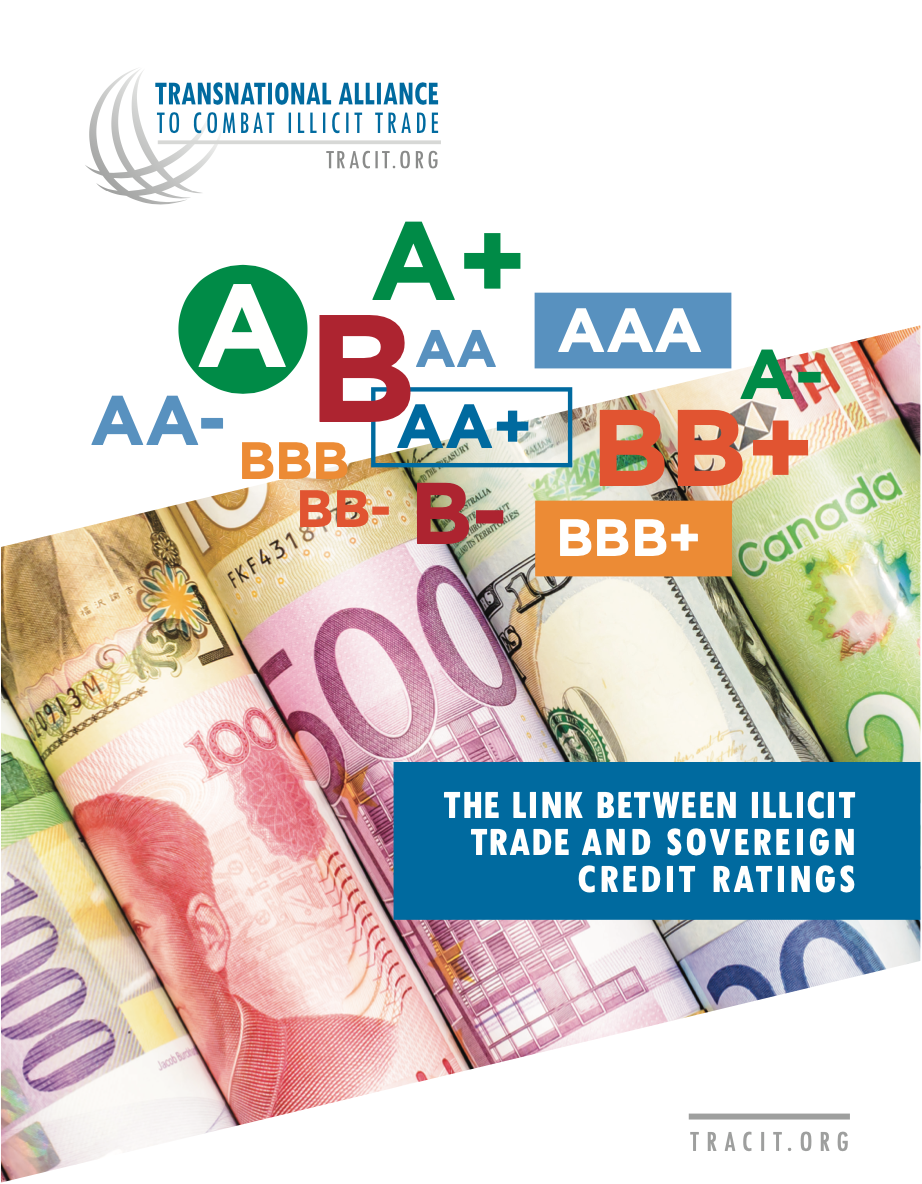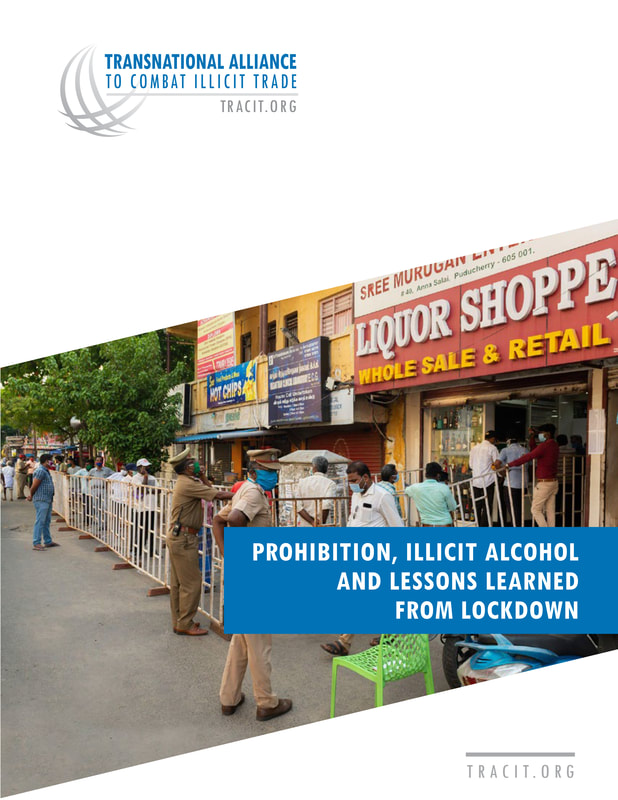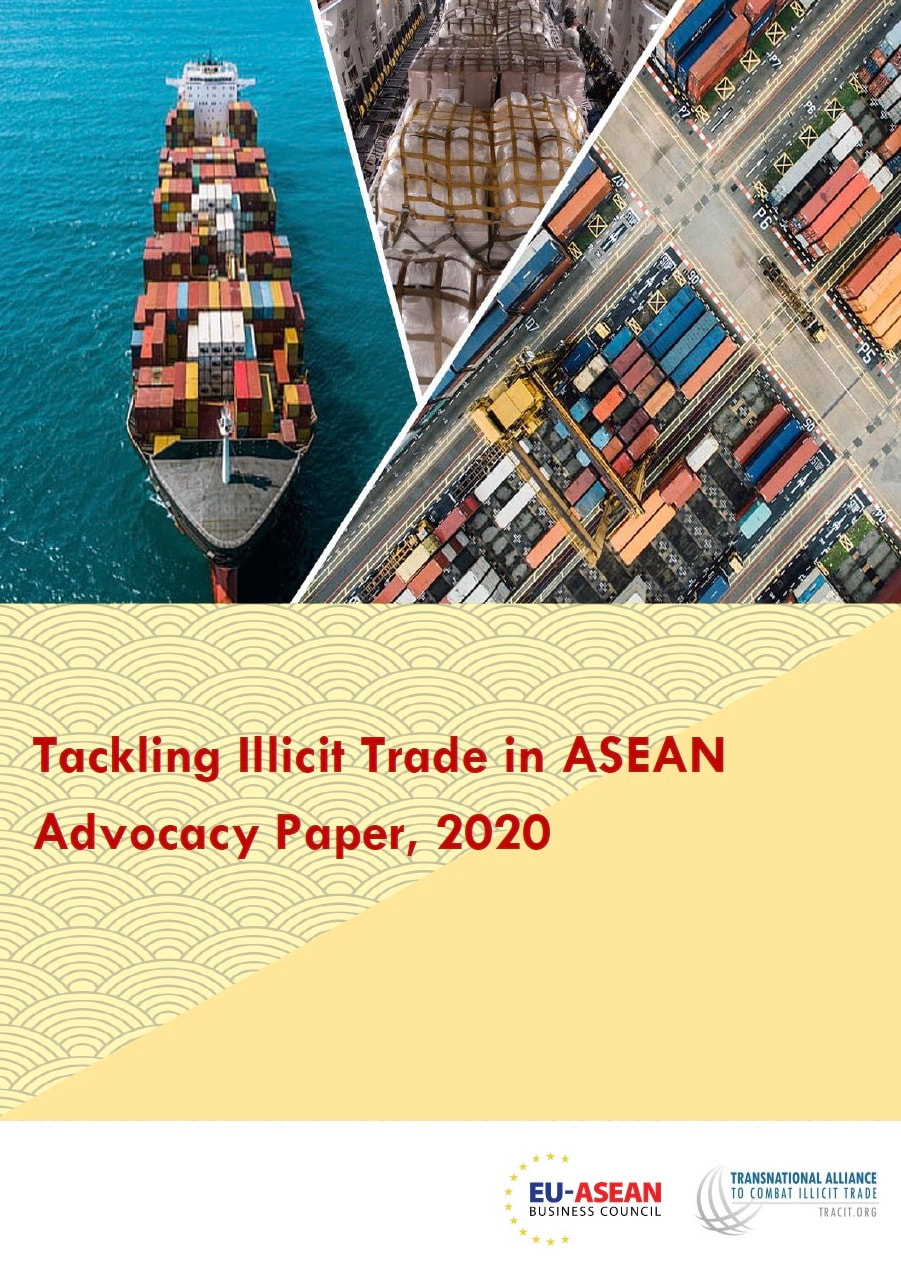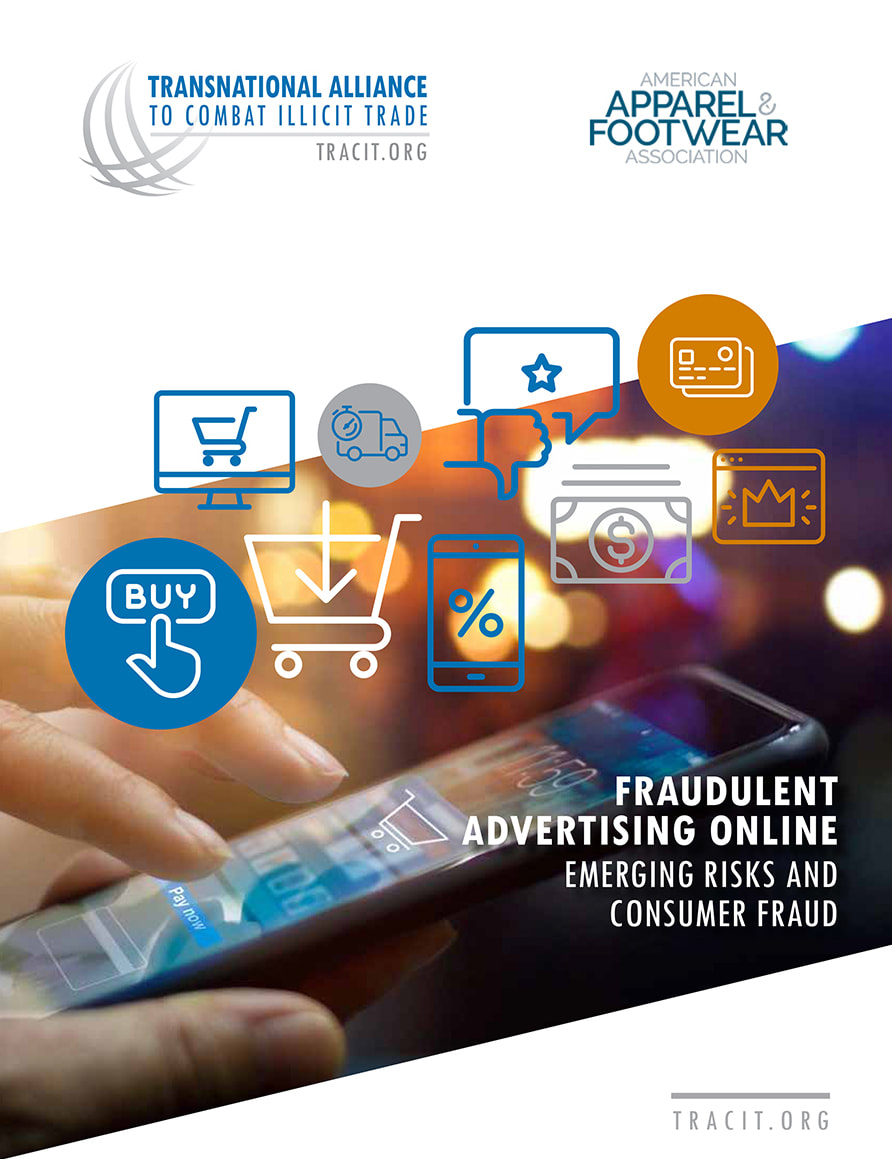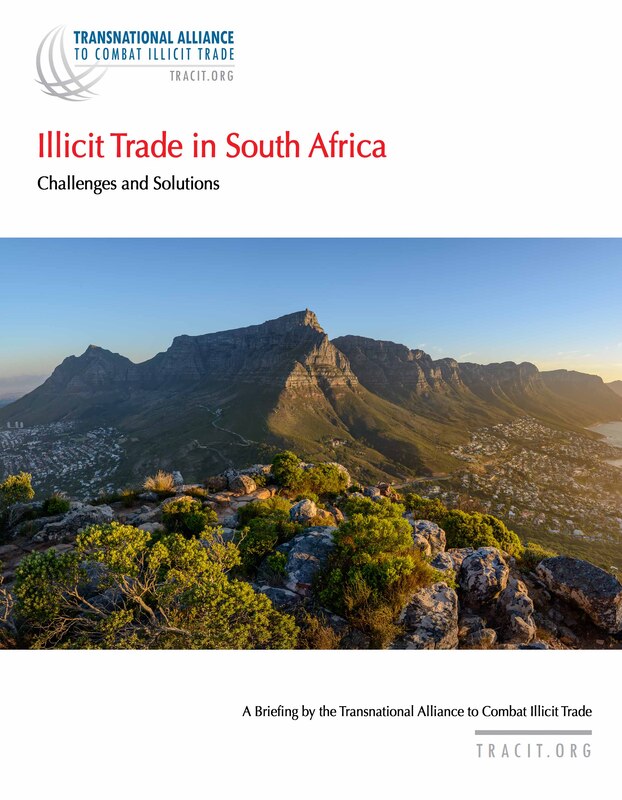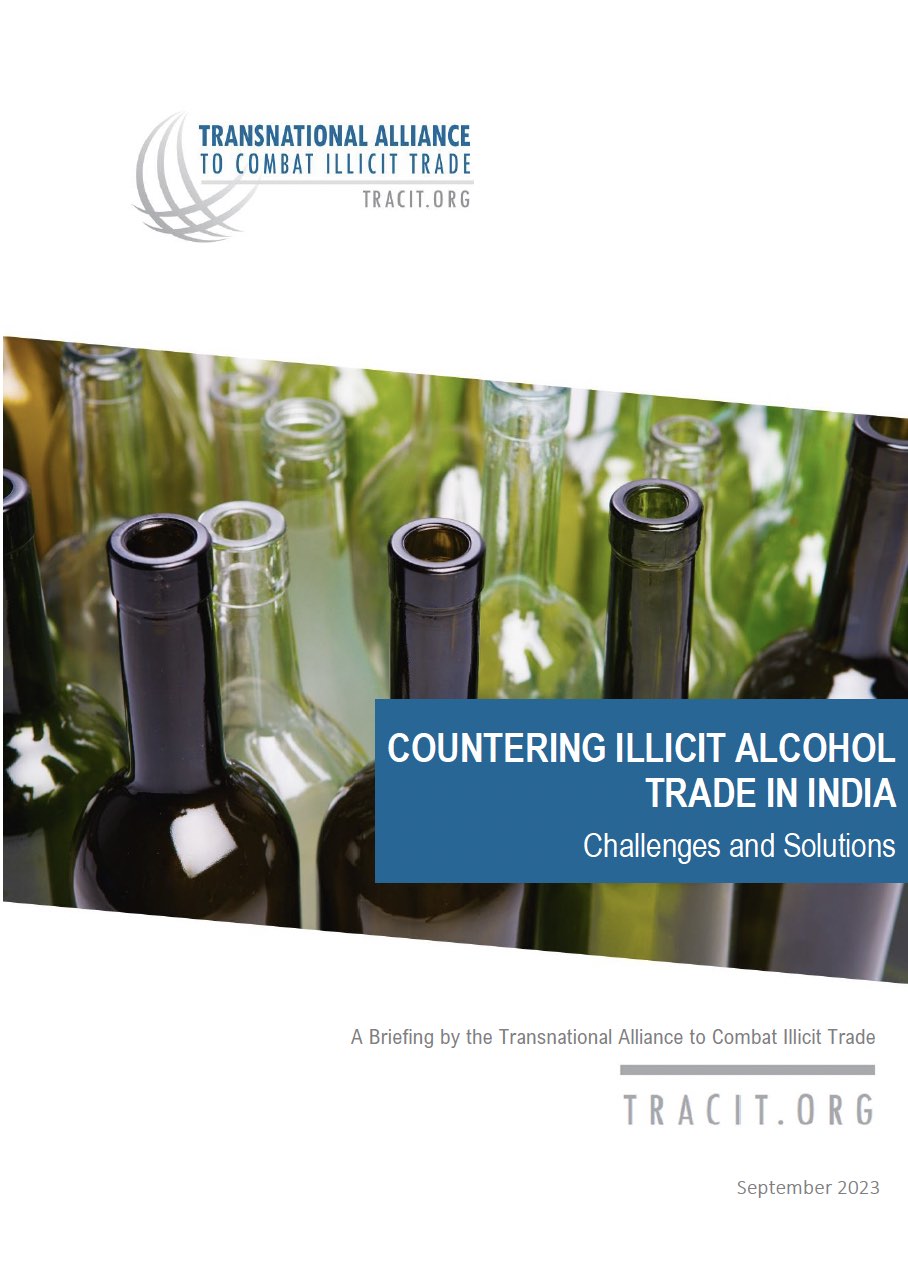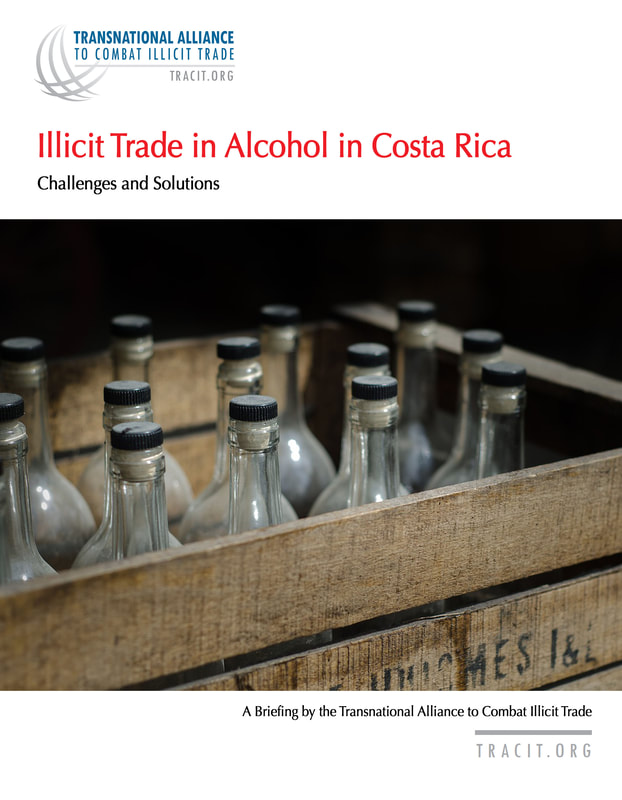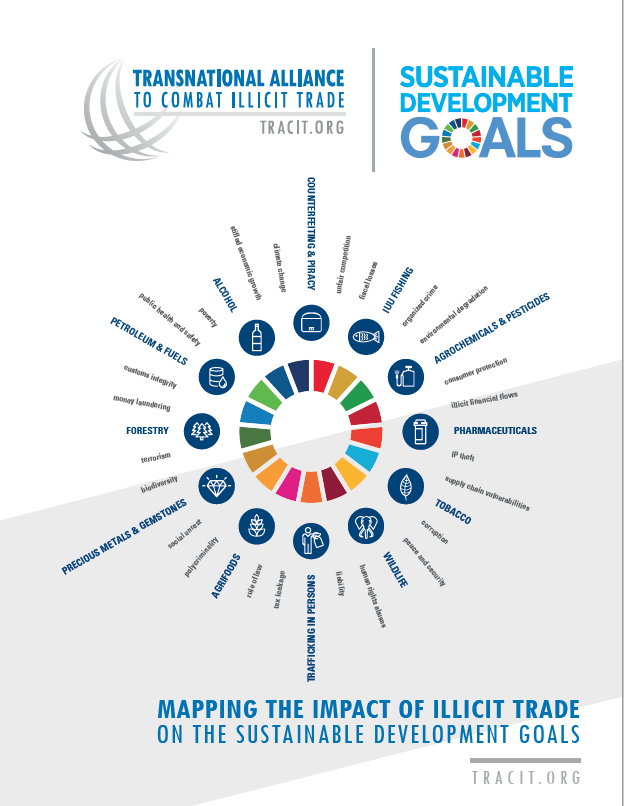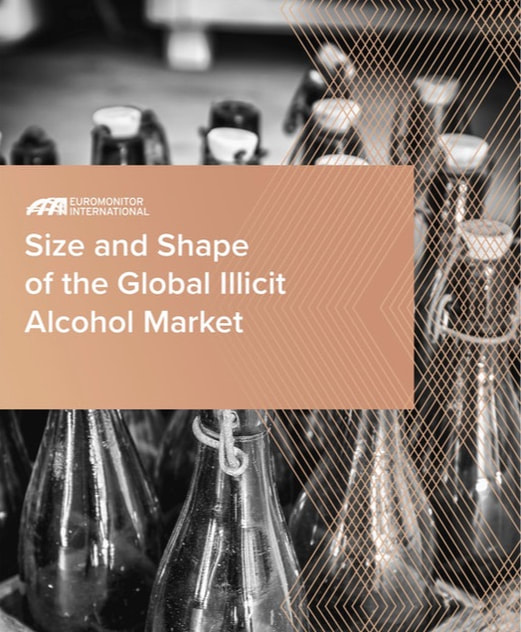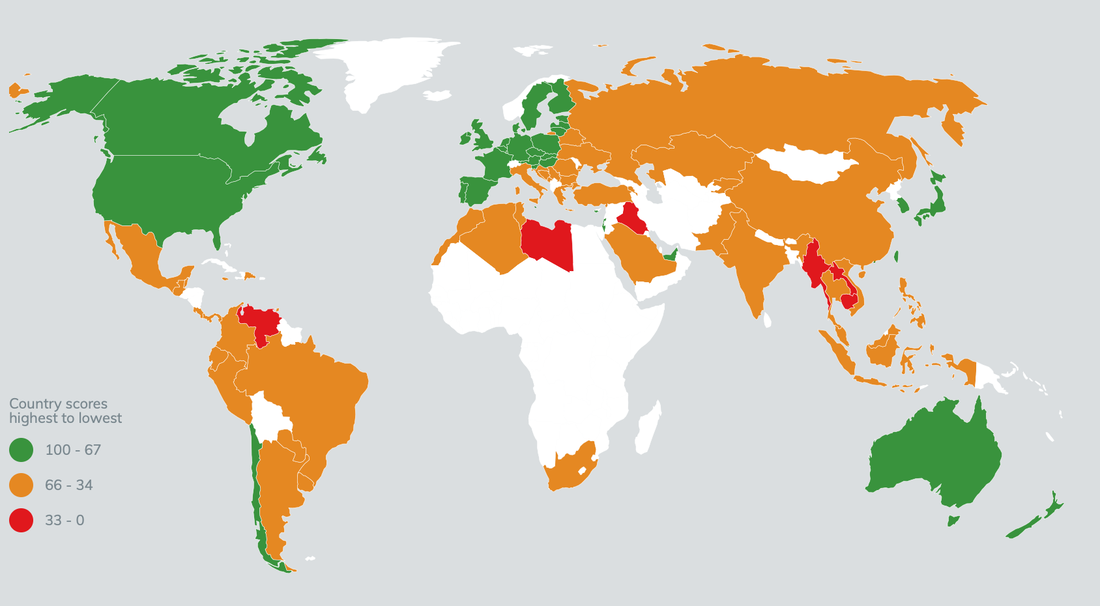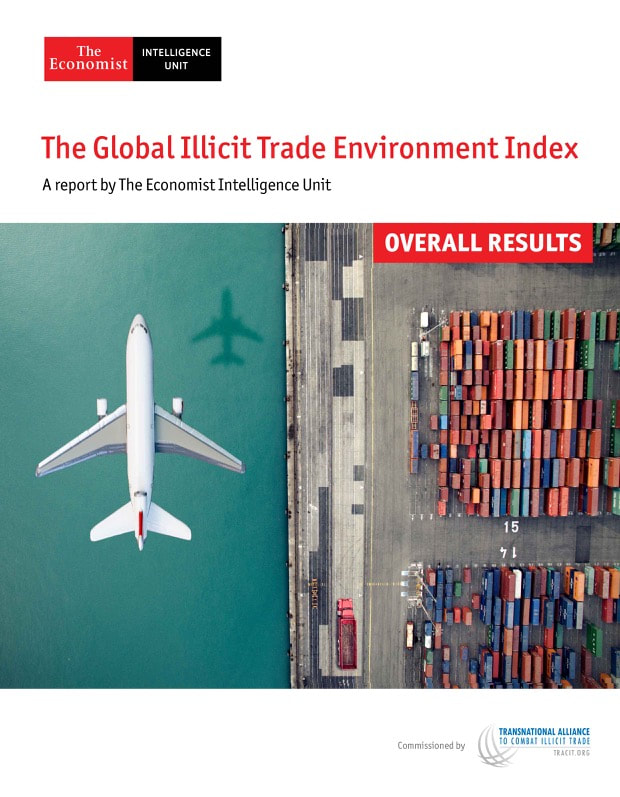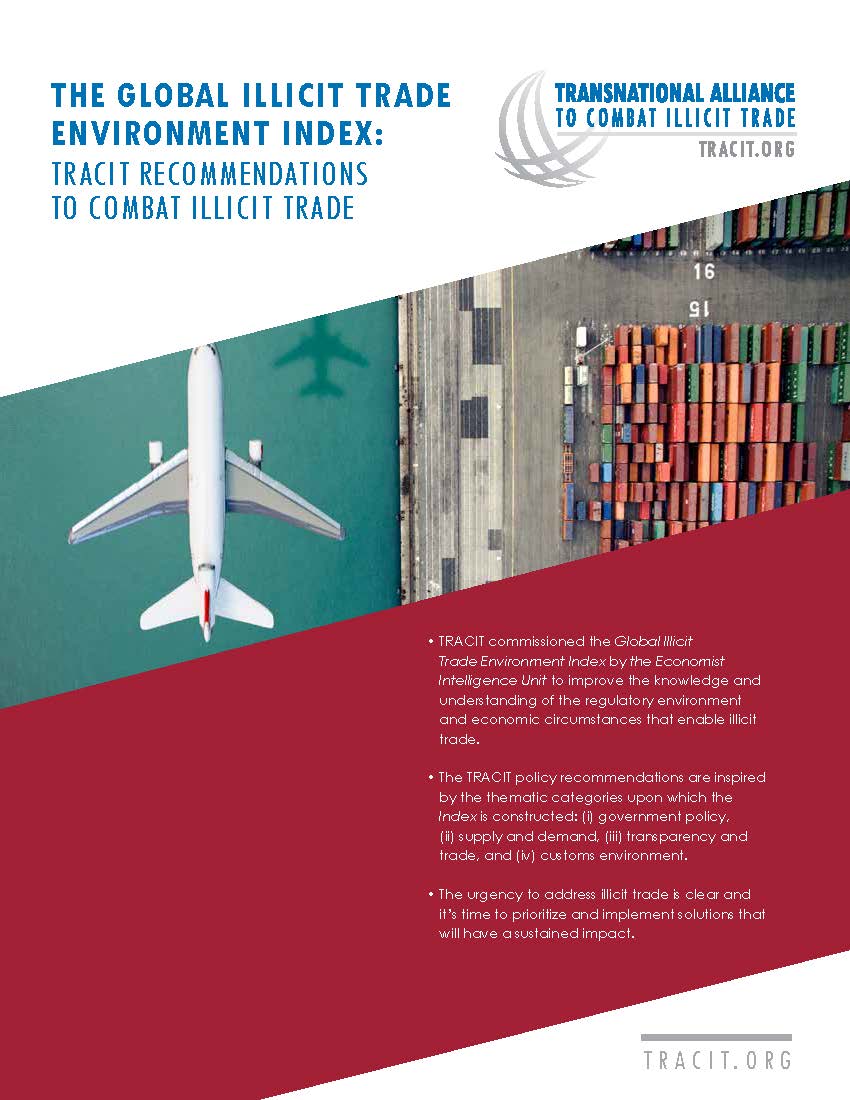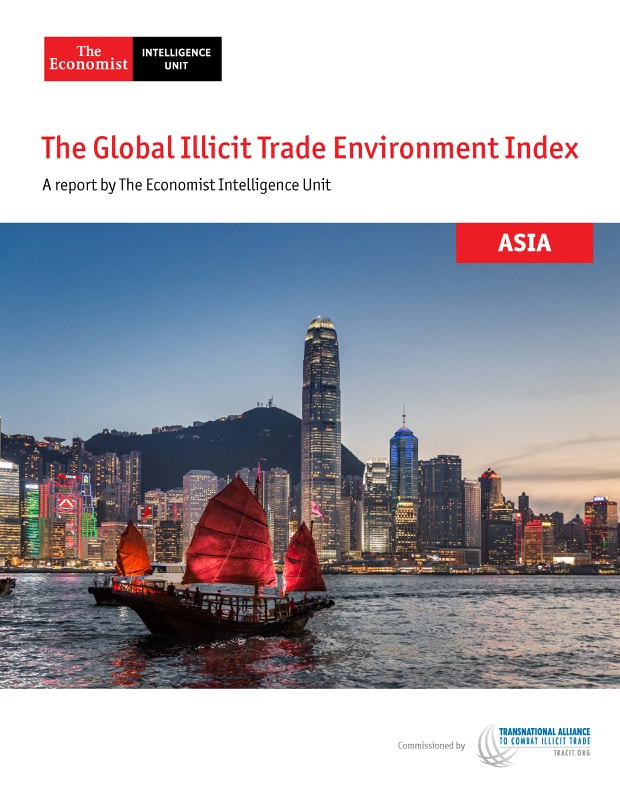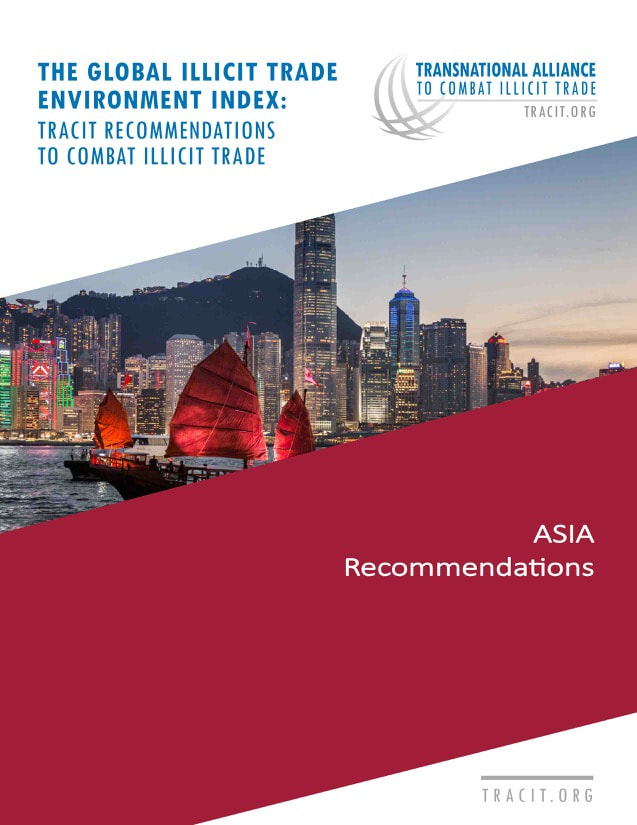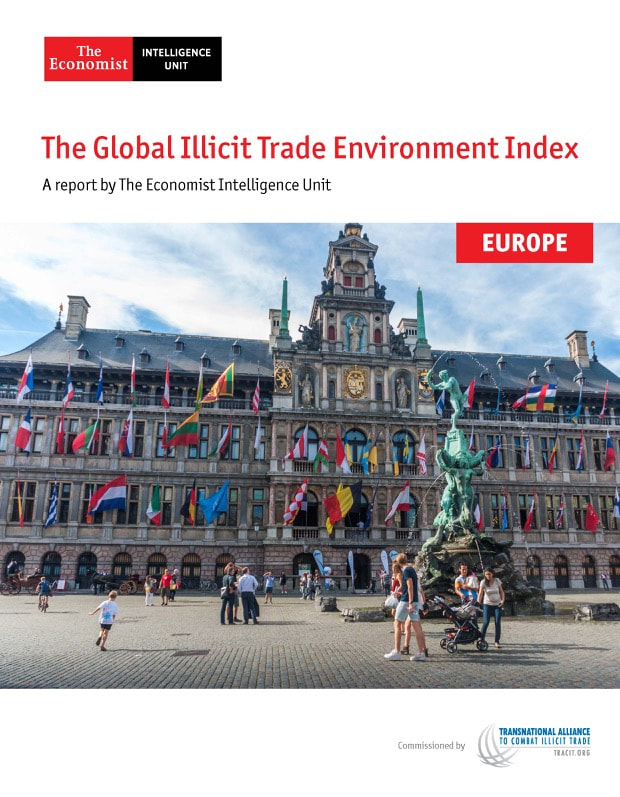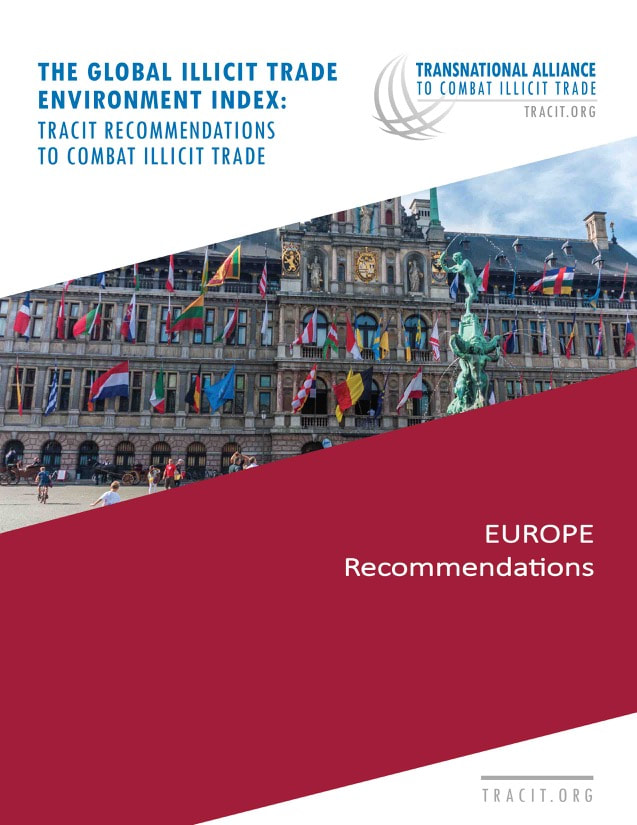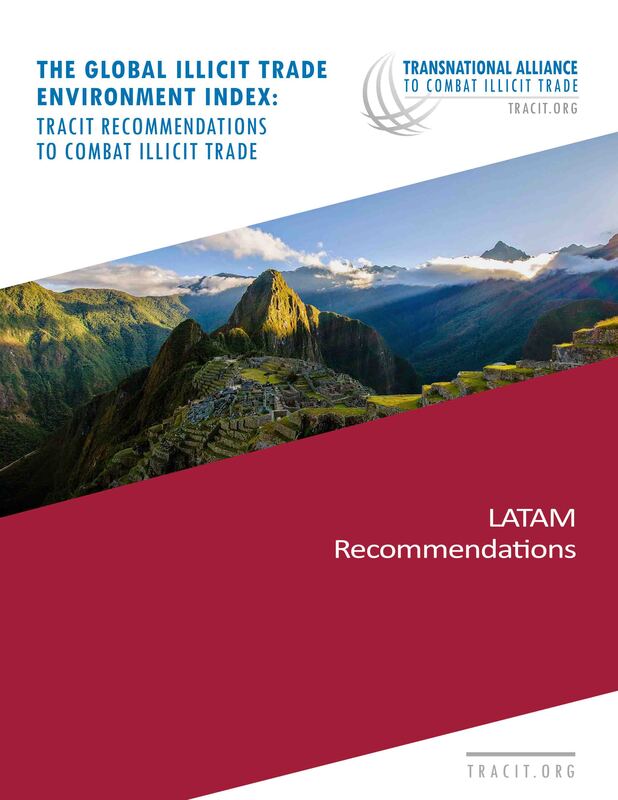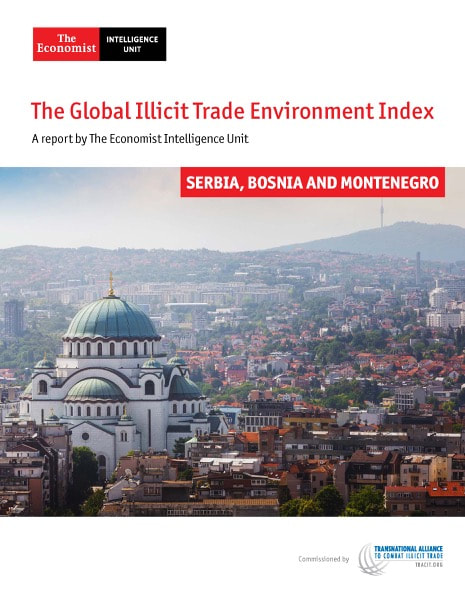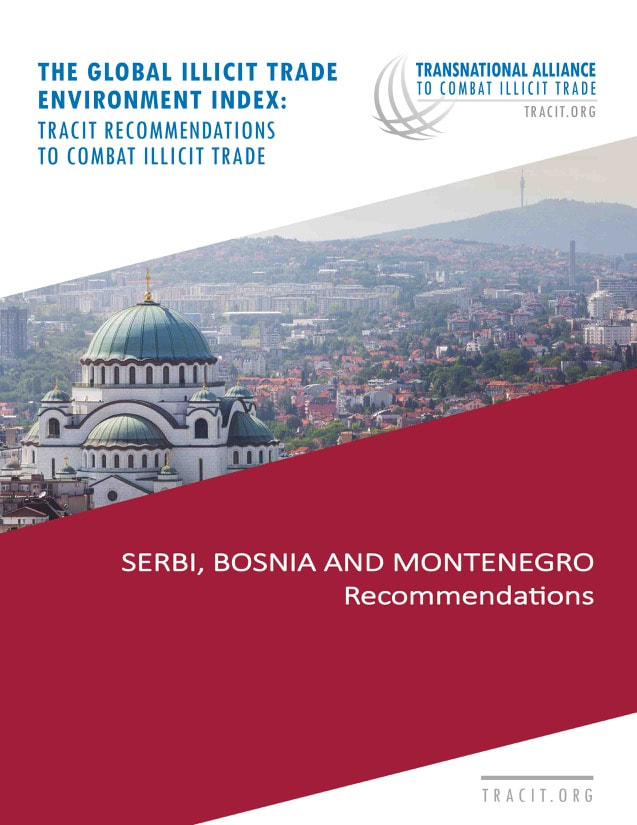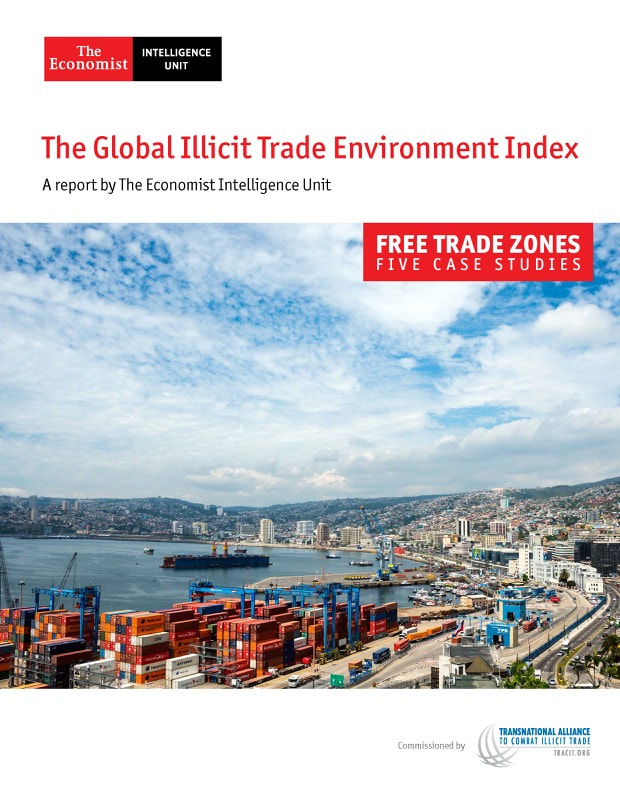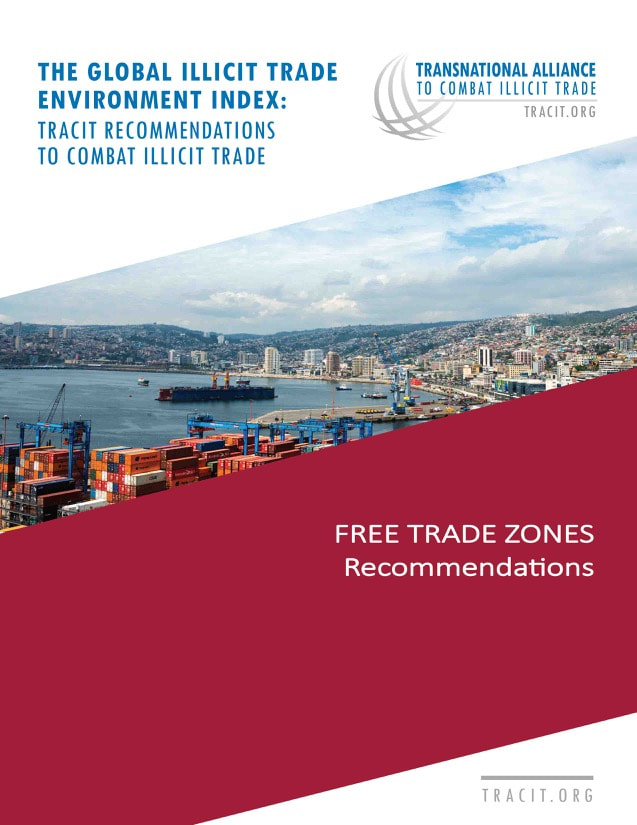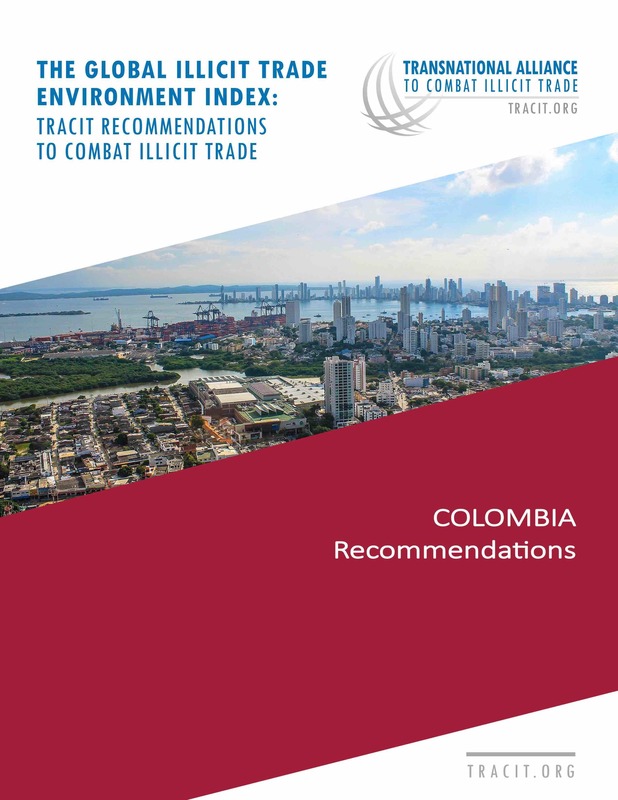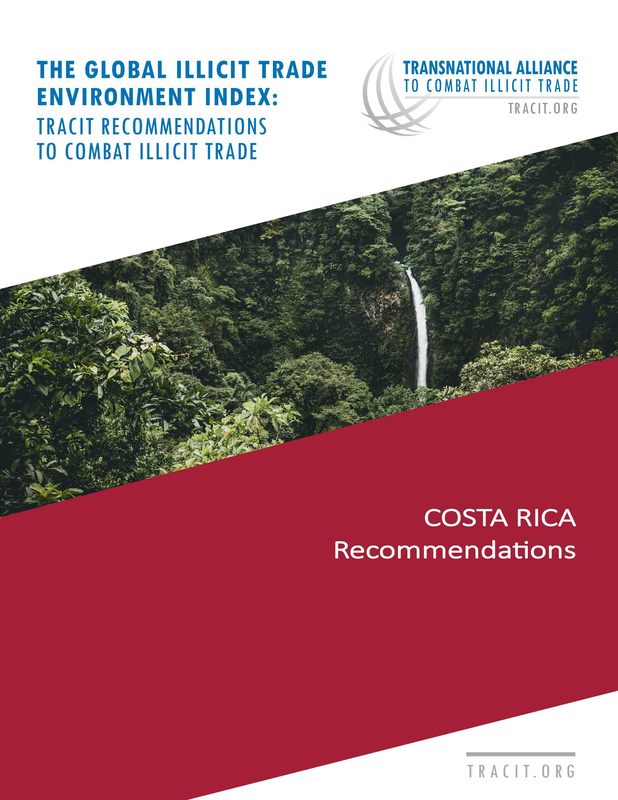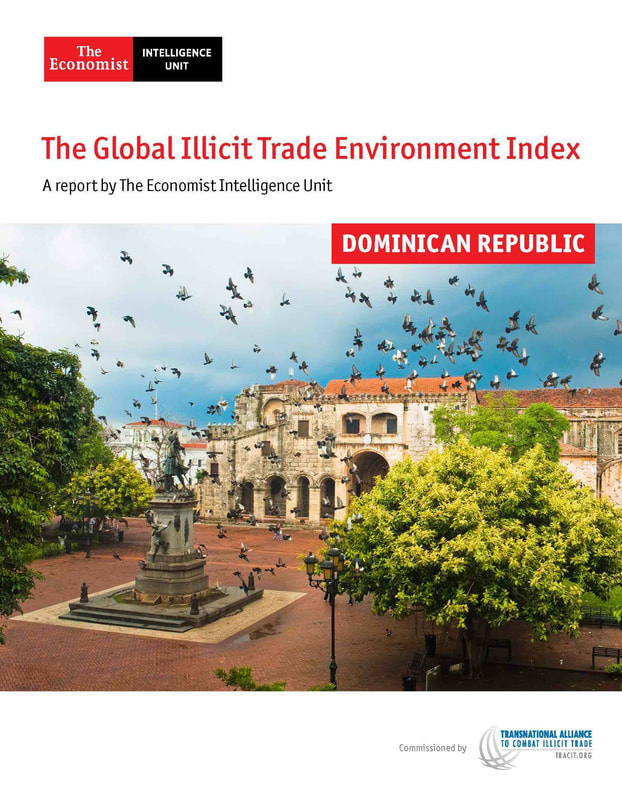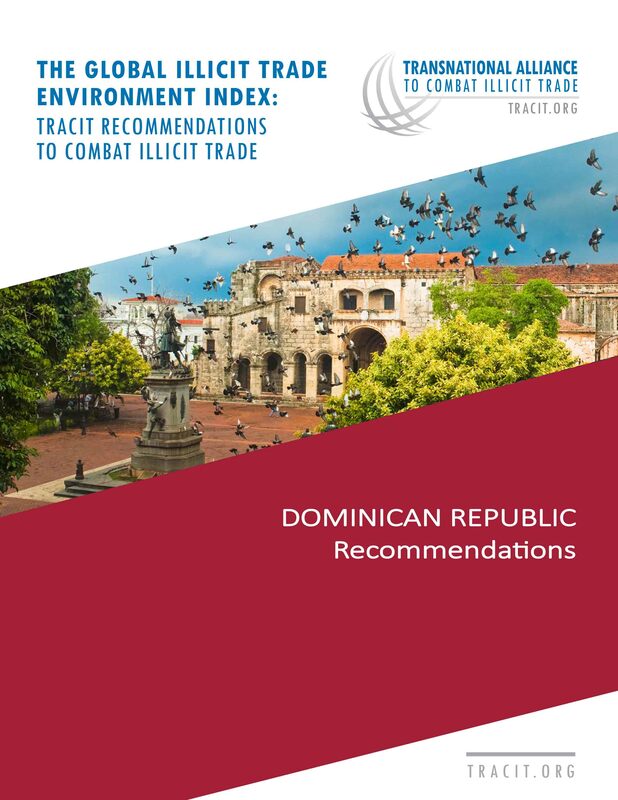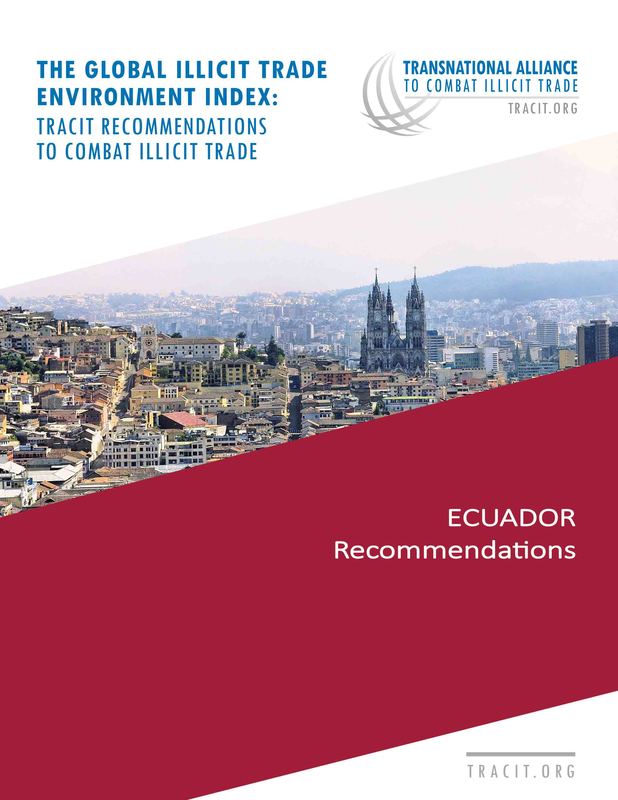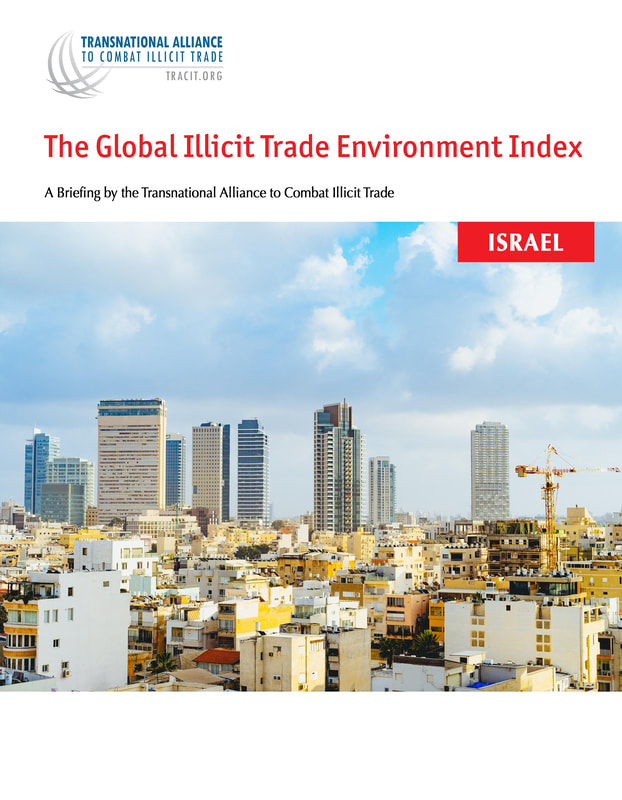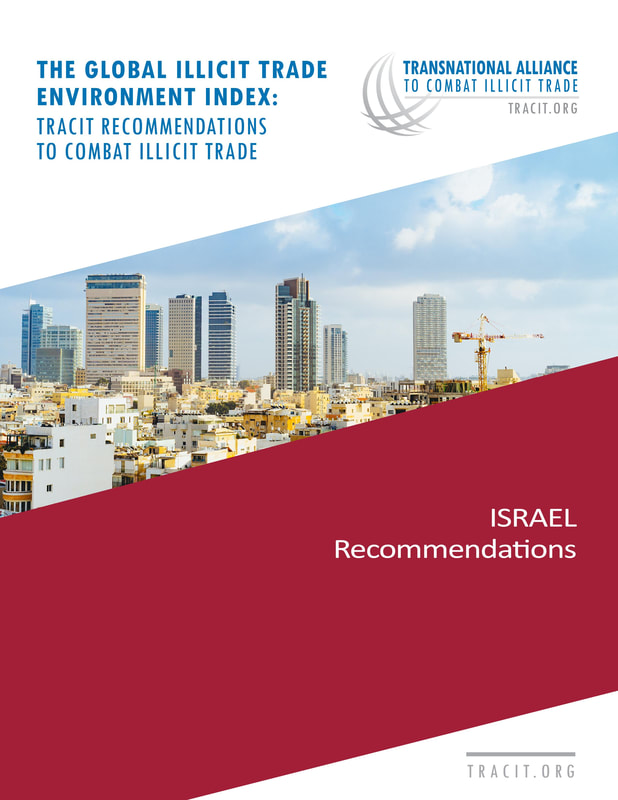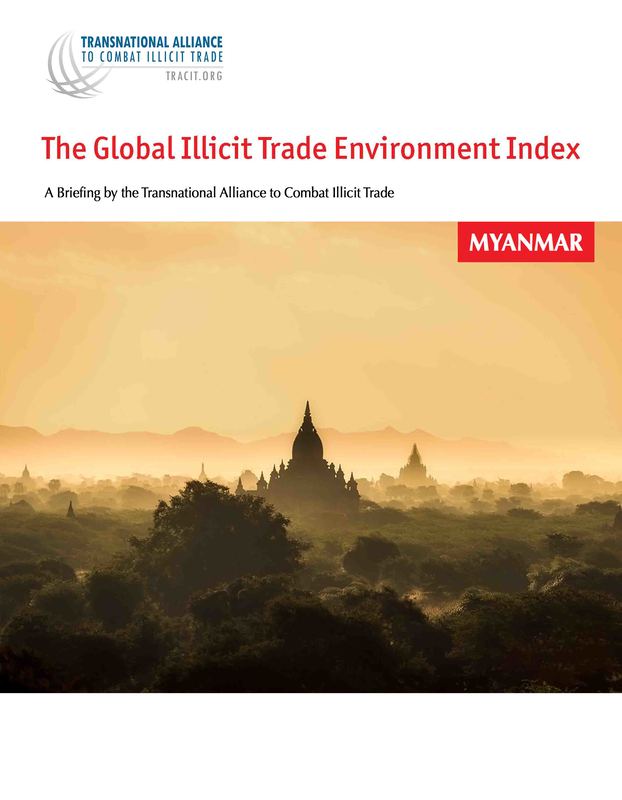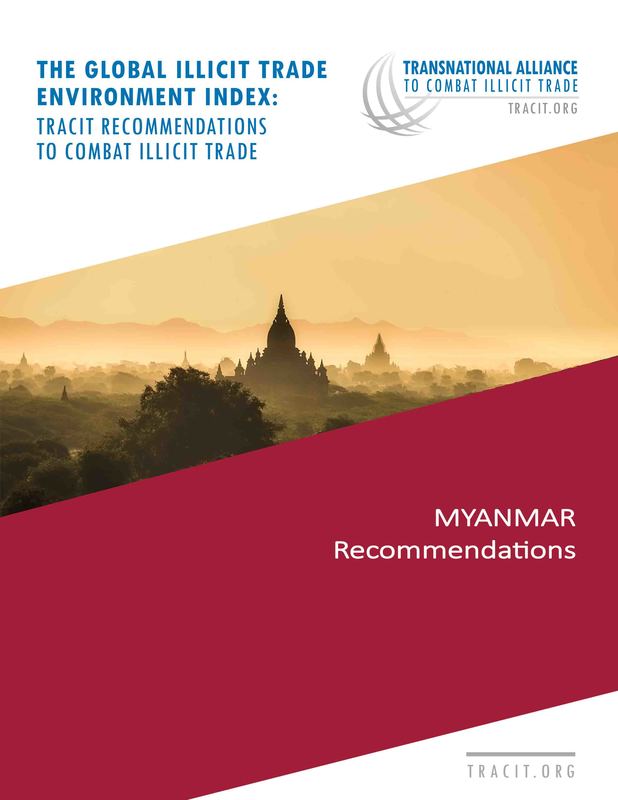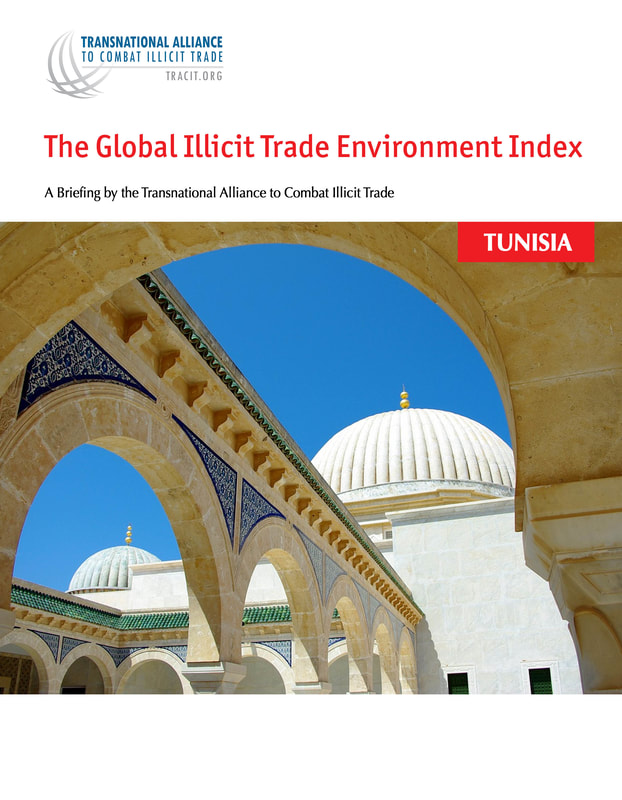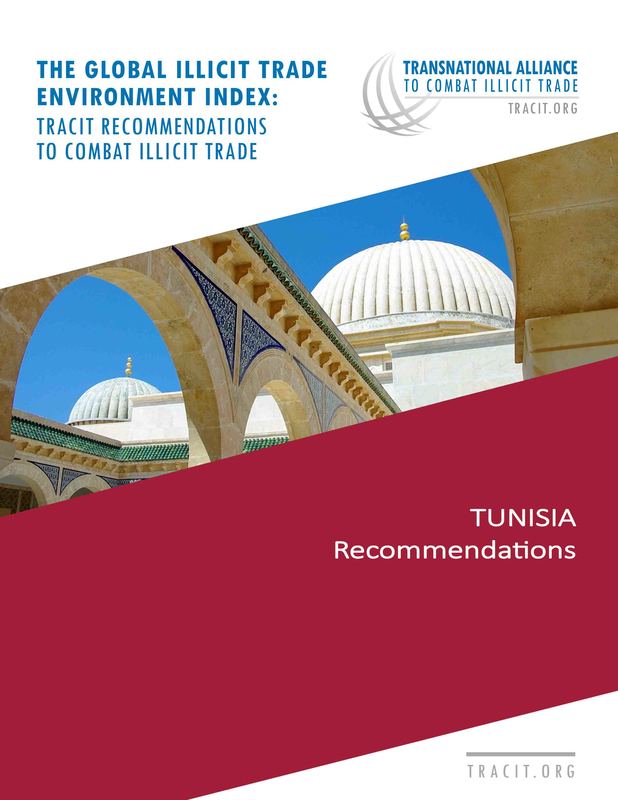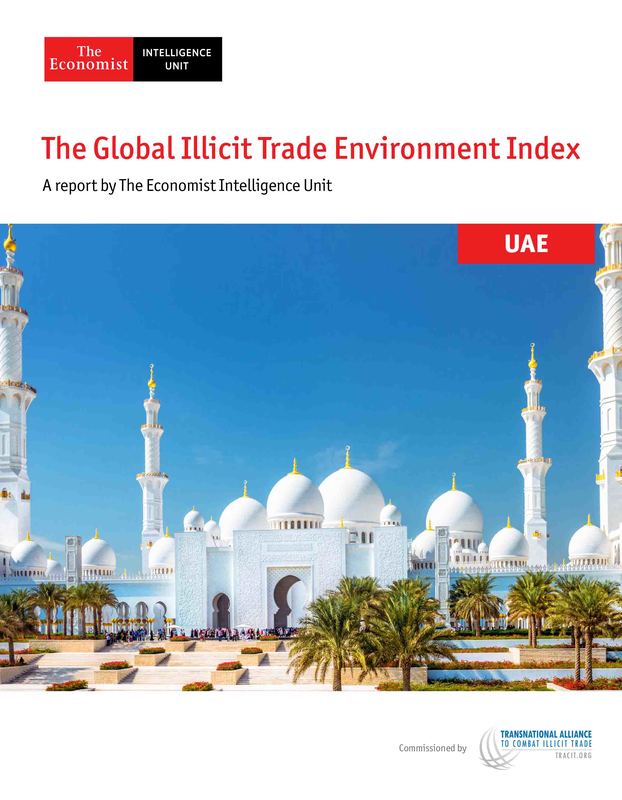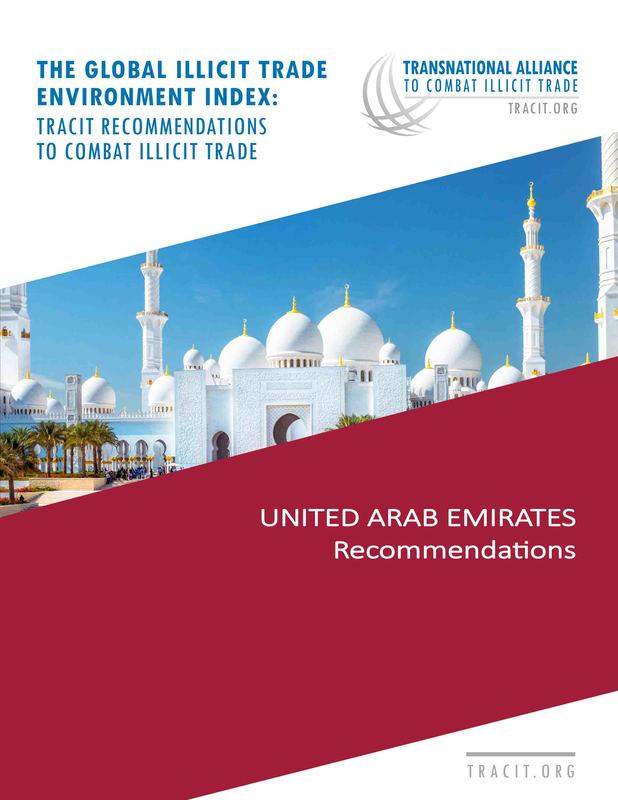TRACIT publications
|
A key objective of TRACIT is to improve the knowledge base by publishing cutting-edge research on critical issues that can reshape government policy and action to control illicit trade. Watch this space for TRACIT's recent publications.
Tackling the sale of illicit pesticides on e-commerce platforms (April 2024)
Ethanol Control Toolkit (March 2024)
Money Talks: The Crooked Connection Between Corruption and Illicit Trade (February 2024)
Fighting Fakes, Contraband and Illicit Trade: Spotlight on The Philippines (November 2023)
Illicit Trade in Pakistan: The Twin Task Of Combating Illicit Trade And Boosting Economic Growth (November 2023)
Exposing Supply Chain Vulnerabilities to Illicit Trade: A global report on dynamics, hotspots and responses across 10 sectors (November 2023)
Examining The Negative Impact of Illicit Trade On The ASEAN Community Vision 2025 (June 2023)
Organized Crime, Corruption and Illicit Trade: Spotlight on South Africa (February 2023)
Inflation, product affordability, and illicit trade: Spotlight on Turkiye (December 2022)
Tackling Illicit Alcohol in Southeast Asia (September 2022)
Examining the negative impacts of illicit trade on SDG 8 (September 2022)
The Human Cost of Illicit Trade: Exposing demand for forced labor in the dark corners of the economy (December 2021)
Examining the negative impacts of illicit trade on SDG 16 (February 2021)
The Link Between Illicit Trade and Sovereign Credit Ratings (January 2021)
Prohibition, Illicit Alcohol and Lessons Learned from Lockdown (January 2021)
Tackling Illicit Trade in ASEAN (November 2020)
Fraudulent Advertising Online: Emerging Risks and Consumer Fraud (July 2020)
lllicit Trade in South Africa: Challenges and Solutions (October 2019)
lllicit Trade in Alcohol in India: Challenges and Solutions (September 2019)
lllicit Trade in Alcohol in Costa Rica: Challenges and Solutions (September 2019)
Mapping the Impact of Illicit Trade on the Sustainable Development Goals (July 2019)
Size and Shape of the Global Illicit Alcohol Market (November 2018)
Global Illicit Trade Environment Index (June 2018)
Global Report
Regional Briefings
ASIA
EUROPE
LATAM
SERBIA, BOSNIA AND MONTENEGRO
FREE TRADE ZONES
Country Briefings
COLOMBIA
COSTA RICA
DOMINICAN REPUBLIC
ECUADOR
ISRAEL
MYANMAR
TUNISIA
UNITED ARAB EMIRATES
|
